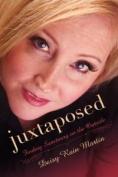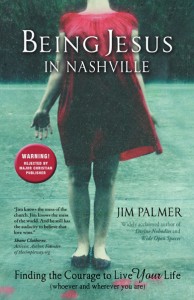I killed my old blog. I didn’t want to pay for hosting any more, so I was going to save everything and take it offline and maybe upload it back on one of these free wordpress.com blogs. So I started doing that and then my hosting provider for some reason wouldn’t let me shut it all down because I still had time left on my domain registration. And then when my domain registration was going to expire, I couldn’t figure out what to do with the stuff I thought I had downloaded and saved. So I didn’t cancel either the domain or the hosting but I don’t have anything ON my domain either. It just sits there, and I’m still paying $10 per month. For nothing.
I’d also run out of things to say long before that. The blog was called TechnoEarthMama, and it was supposed to be about me trying to do natural and environmentally-friendly stuff like cooking, gardening, canning and biking in a world where technology is king. And where I am using technology all the time. At some point, life changed. My kids got older. My body started to hurt more. I started biking less. I became increasingly stressed and depressed, and didn’t have the energy for blogging. Or for cooking, gardening, canning and biking.
Sometimes I still have things to say. Mostly I say them on Facebook. Or I keep them in my head and then forget about them. It’s easy to keep scrolling and forget.

 Juxtaposed
Juxtaposed





Who’s Talking?